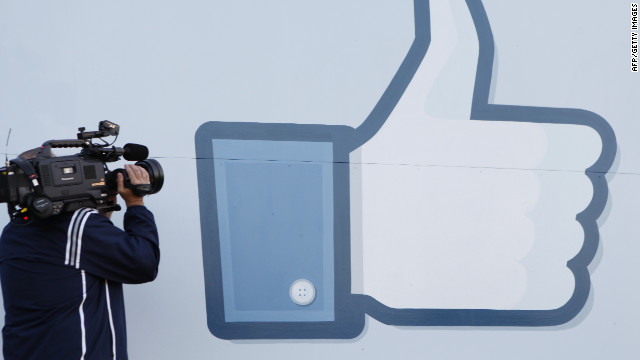
- Facebook pages losing "Likes" as site cracks down on fakes
- Last month, Facebook announced "site integrity" upgrades
- Fake Likes can come from malware or user deception
- Zynga poker, Lady Gaga, "Simpsons" are among pages losing numbers
(CNN) -- If it looks like lots of Facebook pages are shedding fans, it's because they are.
But, then again, they aren't.
Facebook has begun a purge of fake accounts and "Likes" as part of a set of site improvements announced last month. The result has been lower numbers on fan pages, including some of the site's most popular ones, but no actual loss of real followers.
On August 31, Facebook announced plans for improvements to its "site integrity systems." That, according to a blog post, included increased automated efforts to sniff out and delete fake accounts or Likes that had been illicitly sold or gained by otherwise shady means.
"A Like that doesn't come from someone truly interested in connecting with a Page benefits no one ...," the post read. "When a Page and fan connect on Facebook, we want to ensure that connection involves a real person interested in hearing from a specific Page and engaging with that brand's content."
On Thursday morning, Zynga's Texas HoldEm Poker page had lost almost 200,000 Likes since Tuesday, according to Facebook analytics site PageData. Pop star Lady Gaga lost about 66,000 during that same two-day span, and "The Simpsons" dropped about 21,000.
Facebook confirmed to CNN that the slipping Likes numbers are part of the site upgrade.
The company said pages that have been abiding by its rules should expect no more than a 1% dip in Likes. Even Zynga's big drop represented only roughly .3% of the more than 65 million people who like that poker page.
Facebook's purge targets inauthentic Likes created a number of ways. Some are caused by malware. Others happen when a user is deceived into "liking" something they may have not intended to like.
In its post, Facebook said it has never allowed Likes to be sold, but that it has caught third-party vendors trying to use malware and other forms of deception to do just that. Similar problems have plagued Twitter, where automated systems have tried to inflate users' follower counts.
"While we have always had dedicated protections against each of these threats on Facebook, these improved systems have been specifically configured to identify and take action against suspicious Likes," Facebook said.
No comments:
Post a Comment